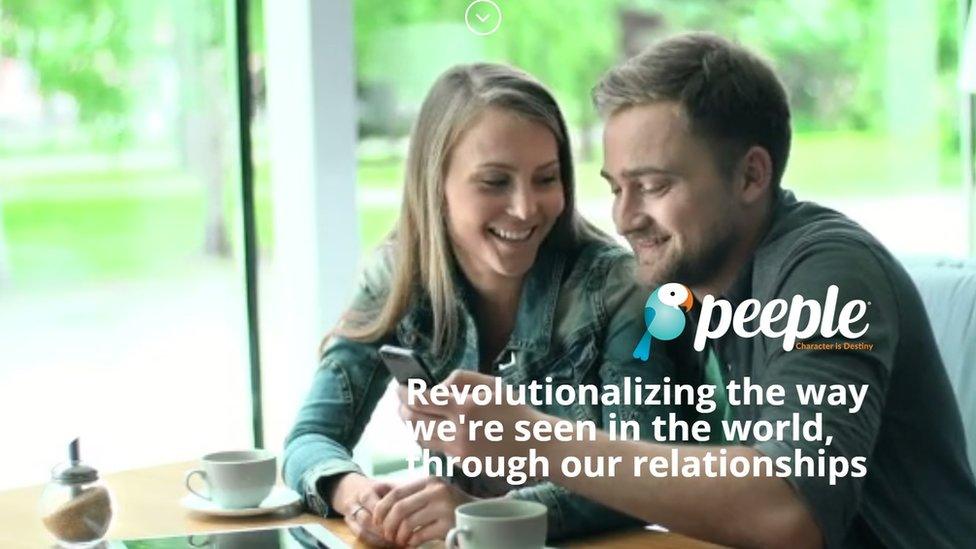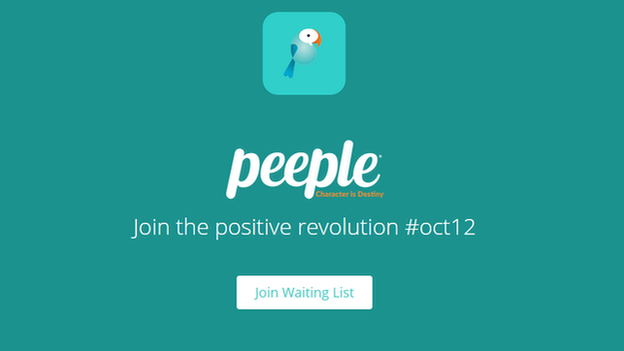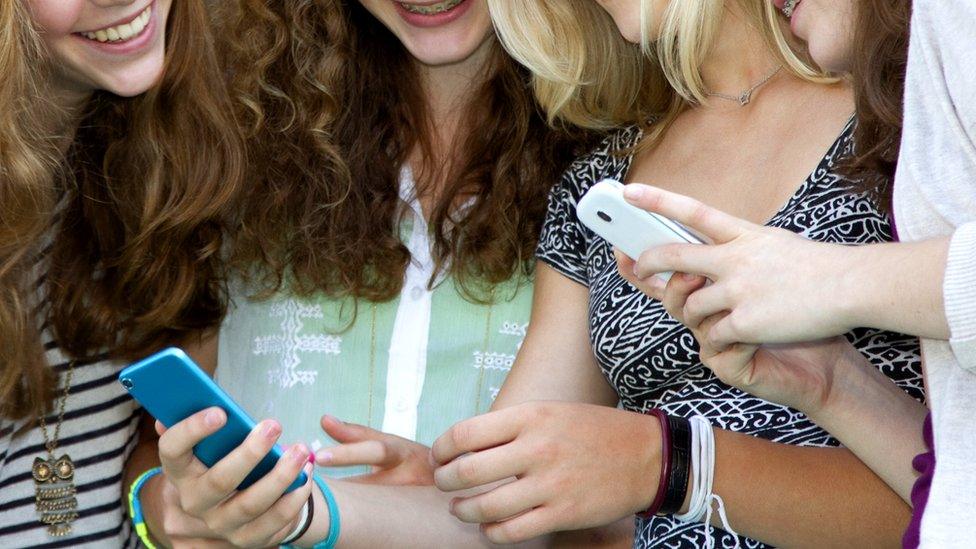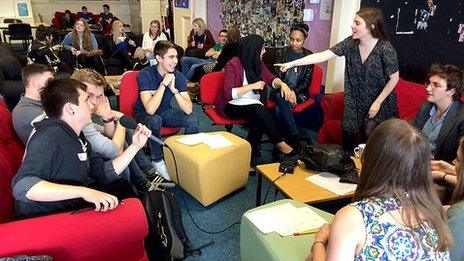Re-launch for 'people rating' app Peeple
- Published

The app creators said they listened to a barrage of criticism which greeted their original concept.
Peeple, a controversial app that invites members to recommend others professionally, personally or as a date, is to launch in the US and Canada on Monday 7 March.
The app caused uproar when the idea was unveiled last year because people could be added and rated without their consent.
Now only members who have signed up will be visible on the site.
The idea of a "five star rating system" for individuals has also been dropped.
This will take the form of "recommendations" instead.
Co-founder Julia Cordray told the BBC that users of the app will also be able to control which recommendations appear on their profiles.
However, in April a premium service called The Truth License will enable those who choose the upgrade to see everything that has been said about other members, whether they have chosen to share those comments or not.
It is likely to cost around $1 (£0.70) a month, Ms Cordray said.
"We are going to hold everybody accountable to what they say about others," she said.
Backlash
The outrage that greeted the unveiling of the app last autumn had taken the firm by surprise, she admitted.
It was branded "creepy" and "terrifying" by some web users.
"We could never have predicted the backlash to the concept," she said.
"But it was a positive thing because we ended up being able to give the people what they wanted."
Despite the media storm 10,000 people volunteered to beta-test it, Ms Cordray added.
The team made four main changes to the app's original functions:
Peeple users will have full control over what goes live on their profiles
No one can add others to the app
Profiles can be de-activated
The star rating system has been replaced with a public view of the total number of recommendations received
Additionally, users who are single can opt to grey-out the "dating" category so they can neither make nor receive recommendations in that area.
Anonymity is not an option, users must use their Facebook log-in to access the app and they can be blocked or reported if they break the rules.
A pin code will also be sent to the mobile phone of new members as part of the activation process.
Vulnerable data
However, University of East Anglia law lecturer and privacy advocate Paul Bernal said he still had concerns about the re-launched app.
"It has solved some of the problems but very significant problems remain," he told the BBC.
"The fact that you can no longer rate people who aren't on it is probably the best thing they have done but it also means it's unlikely to succeed as it will be much more limited for the people who do join it.
"The idea of de-activating your profile is illusionary because the data is still there and vulnerable," he added.
"The Truth License over-rides almost all of their safeguards - if people say bad stuff about you that stuff could get out.
"I actually think calling it the Truth License is unbelievably creepy."
- Published5 October 2015

- Published1 October 2015

- Published12 June 2014
